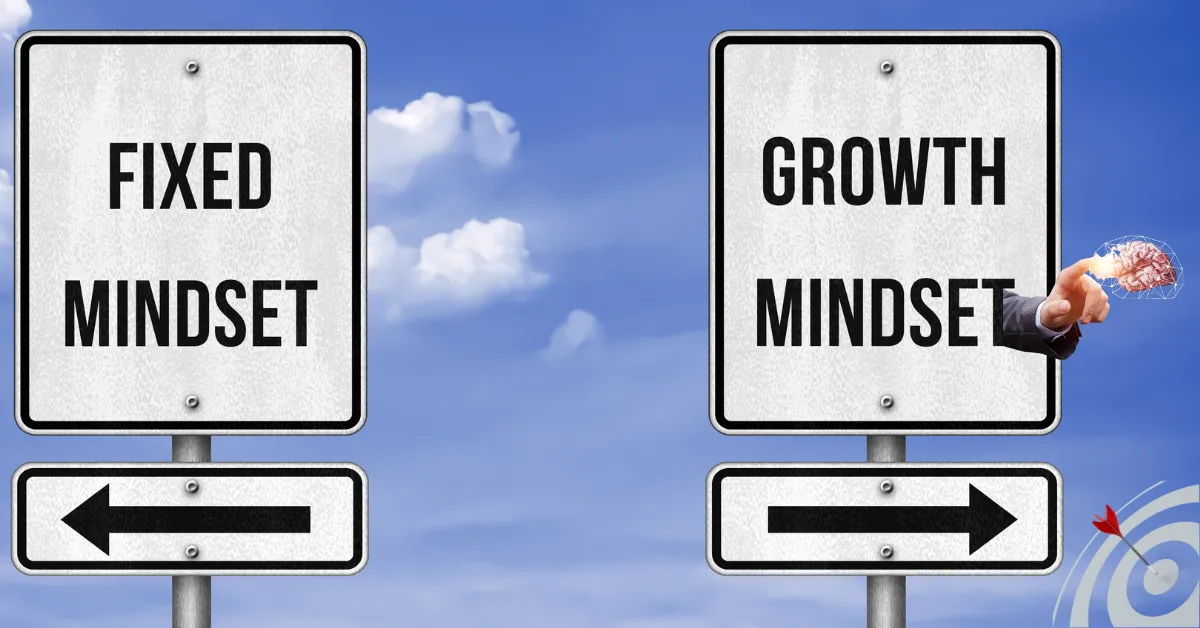|
Listen to the Article Here
|
In today’s dynamic business landscape, the traditional employee-employer relationship is evolving. Rather than viewing a job solely as a source of income, forward-thinking professionals are approaching their roles with an investor mindset. This perspective, inspired by the value-for-value principles in Ayn Rand’s Atlas Shrugged and The Fountainhead, emphasizes mutual growth, where employees and employers both thrive by exchanging meaningful contributions.
What Does an Investor Mindset Mean for Employees?
An investor mindset reframes a job as a strategic opportunity to enhance personal and professional value. Consider an entrepreneur who transitioned from consulting to a full-time role, not just for a steady paycheck, but to gain advanced skills and elevate their market presence. The primary return on this investment is a stronger skillset, broader experience, and a more robust personal brand, with income as a valuable secondary benefit. This approach aligns with Rand’s philosophy of trading value for value, fostering a relationship built on mutual respect rather than obligation.

The Three Types of Employees: Where Do You Fit?
Employees approach their roles differently, often falling into one of three categories:
- The Time-Trader: These individuals exchange hours for compensation, focusing on maintaining their position. While dependable for routine tasks, they may miss opportunities for growth, limiting their potential and their employer’s progress.
- The Ladder-Climber: Driven by raises and promotions, these employees prioritize advancement, and may at times run counter to organizational goals. This can yield short-term gains but risks burnout and overlooks deeper skill development.
- The Investor-Employee: This type seeks compensation alongside education, experience, and professional growth. They prioritize mutual value over political games, viewing the employer-employee relationship as a two-way partnership. If either party no longer delivers value, they part ways amicably, fostering resilience and adaptability.
Benefits for the Employee: Building Your Personal ROI
Embracing an investor mindset transforms a career trajectory. Here’s how:
- Skill Expansion: Every project becomes a learning opportunity. Engaging in complex tasks, like mastering data-driven marketing strategies, enhances expertise and marketability.
- Brand Building: A job becomes a platform to showcase talent. Contributing to industry conversations, such as through thought leadership on platforms like LinkedIn, strengthens a personal brand.
- Financial and Emotional Resilience: By prioritizing long-term value over job security, employees gain confidence to negotiate, explore side ventures, or transition smoothly, embodying Rand’s emphasis on self-reliance.
Research from Harvard Business Review underscores this: Employees who invest in continuous learning report higher job satisfaction and career advancement rates Lifelong Learning Benefits.
Benefits for the Employer: Fostering a High-Performance Culture
Employers gain significantly from investor-minded employees, who are not mere “yes-men” or “yes-women” but sources of constructive, value-driven feedback. Rather than offering complaints, these employees provide thoughtful insights that drive improvement, fostering a culture of honesty and innovation. Additional benefits include:
- Increased Innovation: Investor-employees proactively identify opportunities, leading to creative solutions and operational efficiencies.
- Higher Retention and Loyalty: A mutual value exchange reduces turnover, as employees stay for growth opportunities, not obligation.
- Superior Results: Teams with this mindset deliver exceptional outcomes, from optimized campaigns to strategic advancements, particularly in small to medium-sized businesses.
Hiring Investor-Minded Candidates: The Edge of Entrepreneurial Experience and Financial Independence
When evaluating prospective employees, those demonstrating an investor mindset—such as through owning and managing their own businesses—often stand out as high-value candidates. Even if they continue their entrepreneurial activities alongside employment, these individuals bring a wealth of skills, including strategic thinking, resilience, and the ability to create scalable systems like policies and procedures that allow businesses to run independently of the owner. This experience signals a proactive approach to value creation, making them more likely to contribute innovatively without being constrained by job dependency.
Research supports this: A study in the Strategic Management Journal highlights how hiring individuals with founding experience can enhance innovation, as they bring unique human capital that bridges entrepreneurship and corporate roles (Strategic Management Journal, 2018). While some recruiters may exhibit bias against former entrepreneurs, viewing their background as a potential “red flag” for turnover, the evidence suggests that when aligned properly, these candidates drive superior performance and adaptability (Entrepreneurship Theory and Practice, 2020).
It’s important to note, however, that the investor mindset is not limited to entrepreneurs or financially independent professionals. Employees at every financial stage—whether relying on their paycheck to support a household or pursuing work as a passion project—can embrace a value-driven approach. What matters most is the alignment of priorities: choosing roles that provide room for growth, learning, and contribution, while delivering meaningful results for the employer.
When this alignment exists, financial need does not diminish the quality of the contribution. In fact, it can fuel commitment and resourcefulness. The difference lies in how the role is approached: as a mutual exchange of value rather than a one-sided dependency. Employees who adopt this mindset—regardless of their financial situation—tend to provide candid feedback, take initiative, and commit to growth, which ultimately benefits the employer’s long-term success (Journal of Organizational Behavior, 2021).
Making the Shift: Practical Steps to Get Started
To adopt an investor mindset, consider these steps:
- Audit Your Role: Identify skills you can gain. Set quarterly goals to enhance your professional portfolio.
- Communicate Openly: Discuss growth opportunities with your employer to align on mutual objectives.
- Invest in Yourself: Dedicate time to learning, whether through online courses or hands-on projects.
This approach isn’t about exploitation—it’s about symbiosis. When employees and employers commit to a value-for-value exchange, both sides unlock unparalleled growth.




